South America and the power of steam
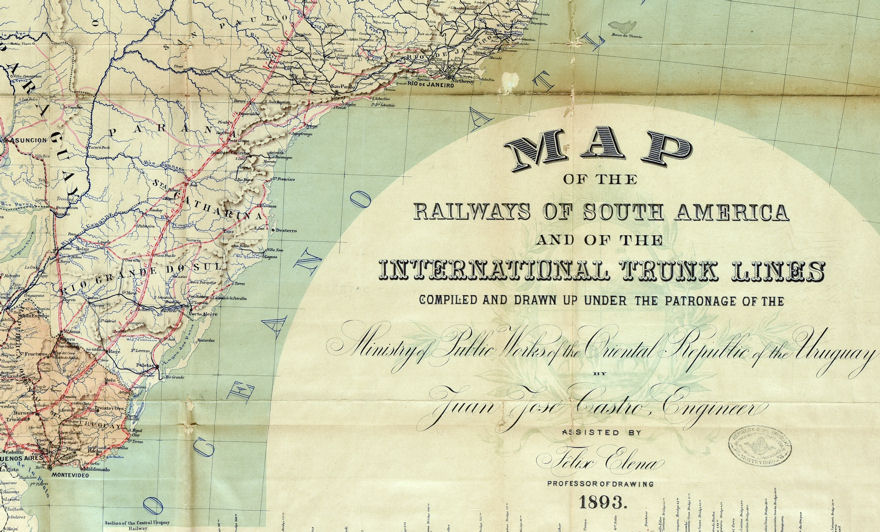
...and entrepreneurs arrived to make their fortunes. Welsh, Irish and Germans emigrated to make new lives in the newly opened markets and the cities. The SS Minosa1 left Liverpool in...

...and entrepreneurs arrived to make their fortunes. Welsh, Irish and Germans emigrated to make new lives in the newly opened markets and the cities. The SS Minosa1 left Liverpool in...
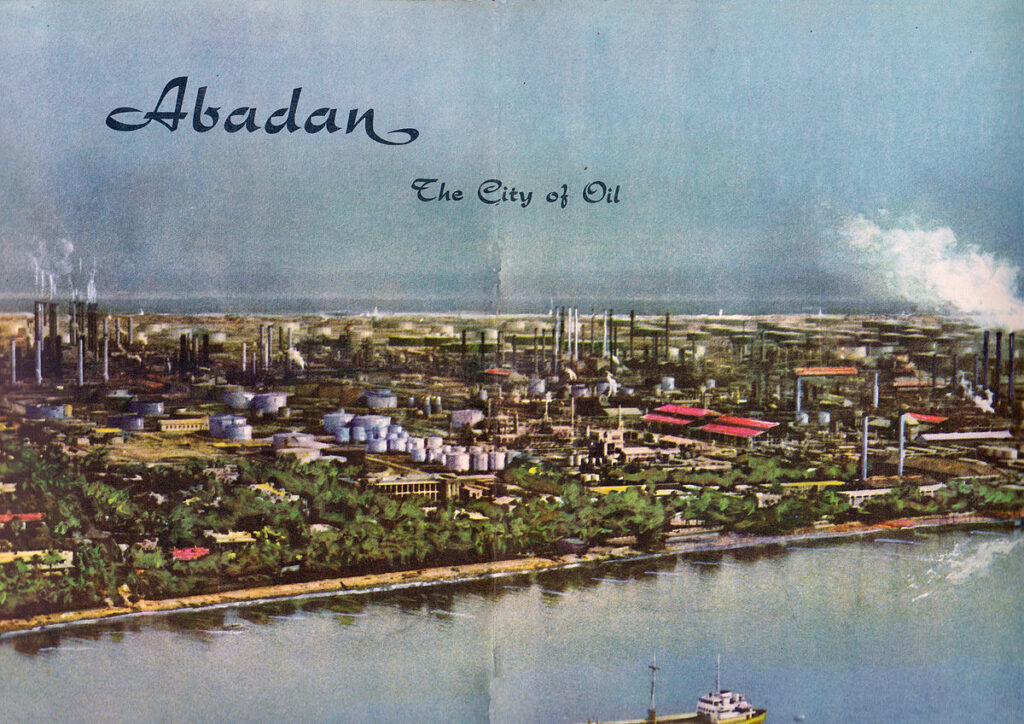
...weakened Labour government and complacent thinking by company and government officials. He also highlighted an inability to project military power following the loss of India, and a lack of support,...
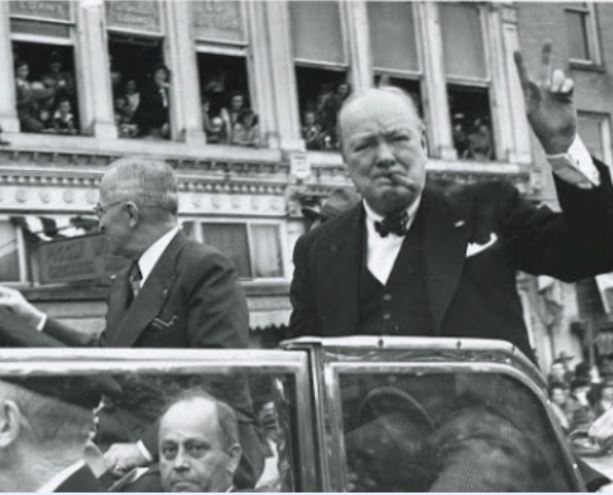
...Cabinet despatched the Minister of Food to Washington to plead for extra wheat supplies, to avert famine in South Africa and India, and starvation in the British Zone of Germany....
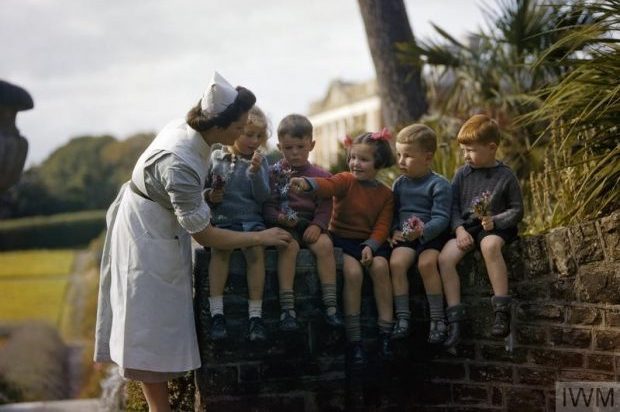
...India in the run-up to independence and in Palestine in 1947 under 'Operation Polly' at the end of the British Mandate. Plans even existed to evacuate British families from the...
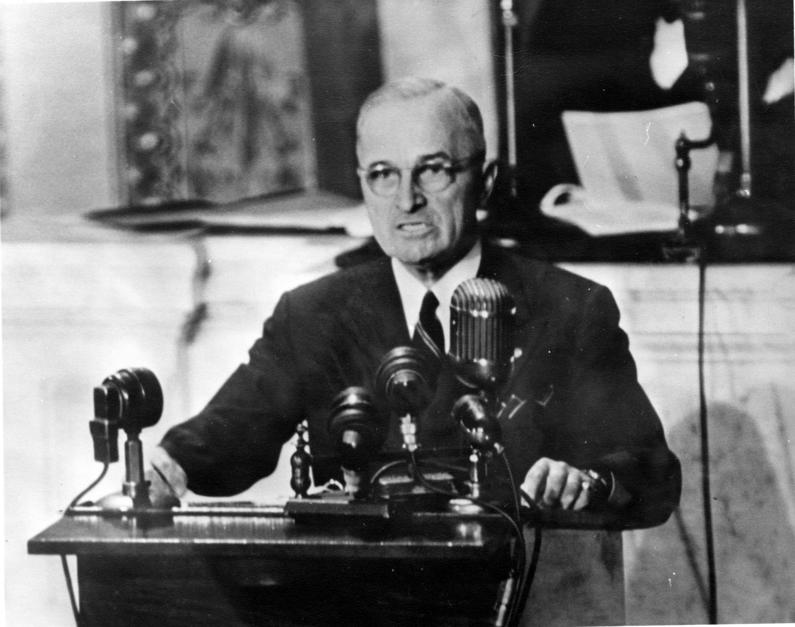
...on India, against a backdrop of inter-communal rioting, following the announcement in February that Britain would transfer power to an Indian government no later than June 1948. Problems remained in...
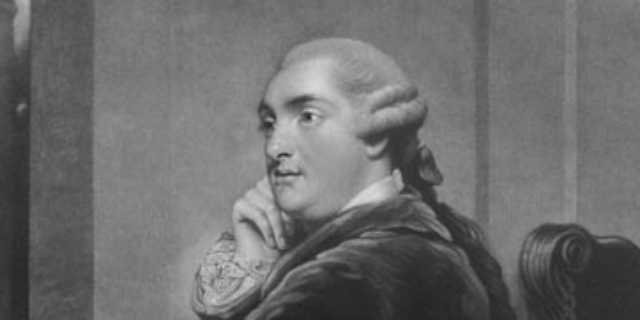
...forced upon him, and in summer 1783 let it be known that he would welcome opposition to the ministry’s bill to reform the East India Company; its parliamentary defeat gave...
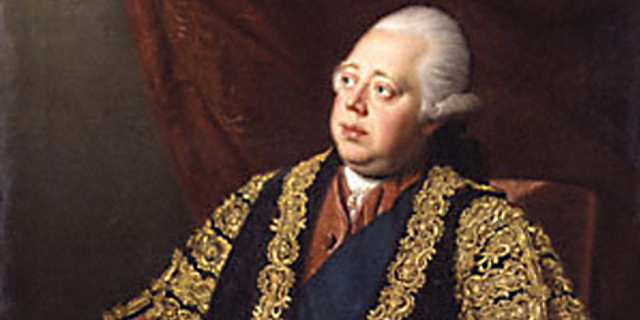
...the American War of Independence meant that it soon rose by £75 million. Taxing issues overseas Such talents, along with significant changes in the administration of India, Ireland and Canada,...
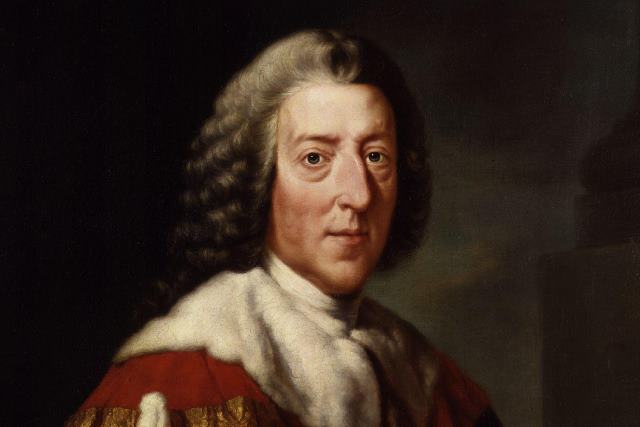
...then Aldborough in 1754. Although widely acknowledged as a formidable Commons performer, Pitt lacked a large personal following and George II still treated him with suspicion. He was not promoted...
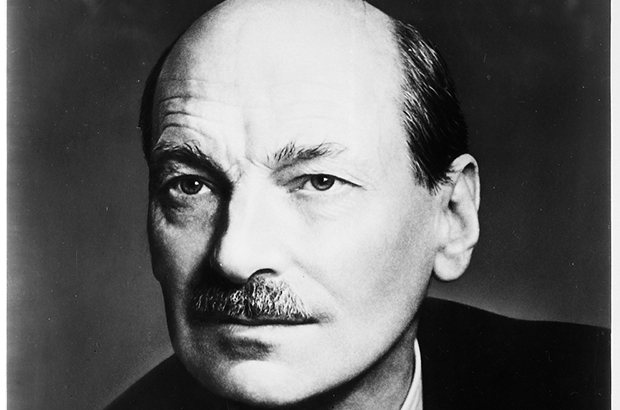
...full flow, he simply said ‘No’. Clement Attlee (The National Archives reference INF 14/19) It is difficult to envisage a twenty-first century politician passing up the opportunity to promote their...

...subsequent criticisms of his actions (or inaction) owe much to hindsight. It is part of what Professor Sir Lawrence Freedman calls the ‘drive to replace history as celebration by history...